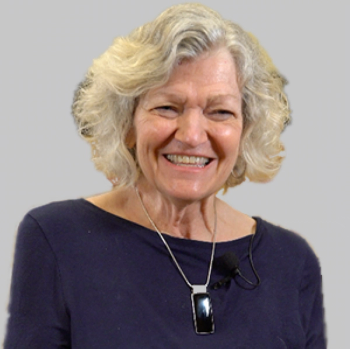
Jean Hubble, MD, semi-retired neurologist and consultant, spoke with the PMD Alliance at the ATMRD Congress about the advances made in the field and her hopes for the future of therapeutics and clinical care.

Jean Hubble, MD, semi-retired neurologist and consultant, spoke with the PMD Alliance at the ATMRD Congress about the advances made in the field and her hopes for the future of therapeutics and clinical care.
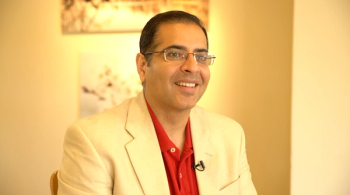
The assistant professor of neurology and codirector of the Neurology Residency Program at MedStar Georgetown University Hospital and presenter at ATMRD offered his insight into the benefits of multispecialty meetings. [WATCH TIME: 3 minutes]

The assistant professor of neurology and codirector of the Neurology Residency Program at MedStar Georgetown University Hospital shared his thoughts on the 2022 ATMRD Congress and the steps forward made in patient awareness of therapeutic options. [WATCH TIME: 3 minutes]
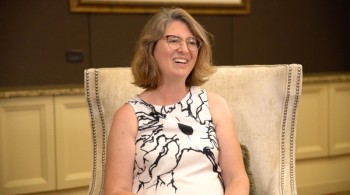
As the individualized needs of patients are further prioritized in Parkinson disease care, the director of the Parkinson’s Disease and Movement Disorder Program at Global Neuroscience Institute shared her perspective on shared decision-making. [WATCH TIME: 4 minutes]

The director of the Parkinson’s Disease and Movement Disorder Program at Global Neuroscience Institute discussed the importance of a multidisciplinary approach to movement disorders and the hot topics of conversation at ATMRD. [WATCH TIME: 2 minutes]

The director of the Parkinson’s Disease and Movement Disorder Program at Global Neuroscience Institute spoke about her time at the 2022 ATMRD Congress and how successful communication between patients and providers is rooted in accessibility. [WATCH TIME: 2 minutes]
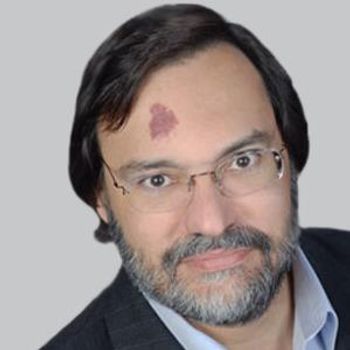
After a protocol adjustment that disallowed the use of the antiemetic trimethobenzamide during dose-titration, adverse event data from an open-label study of apomorphine sublingual film (Kynmobi; Sunovion) suggest antinausea treatment might not be necessary.
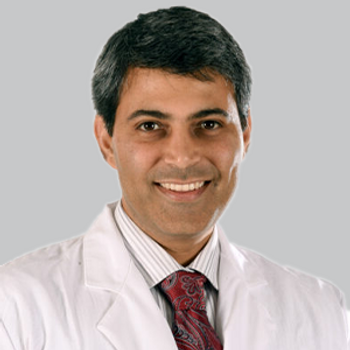
The pharmacodynamic and pharmacokinetic effects of the novel Amneal Pharmaceuticals therapy suggest that it can overcome the current absorption and exposure limitations of the oral levodopa therapies used to treat those with Parkinson disease motor fluctuations.
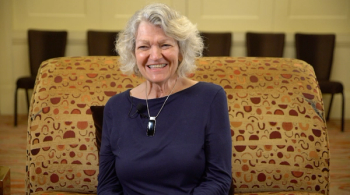
The semi-retired neurologist and consultant with the PMD Alliance offered her takeaways from the 2022 ATMRD Congress in Washington, DC, and her advice for younger clinicians getting into the field. [WATCH TIME: 3 minutes]
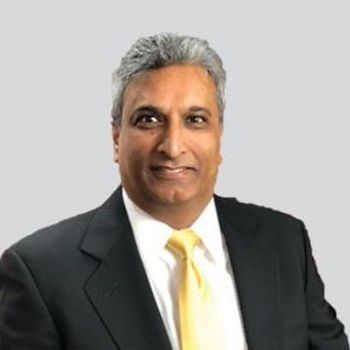
In a presentation at the 2022 ATMRD Congress, Rajesh Pahwa, MD, FANA, FAAN, spoke about the hope held for stem cell approaches and the potential to improve care with several therapies with possible approvals on the horizon.

Despite a less than favorable view of the pharmaceutical industry among the general population, there are still benefits to the work being done by clinicians who transition to this line of work according to the semi-retired neurologist and consultant with the PMD Alliance. [WATCH TIME: 2 minutes]
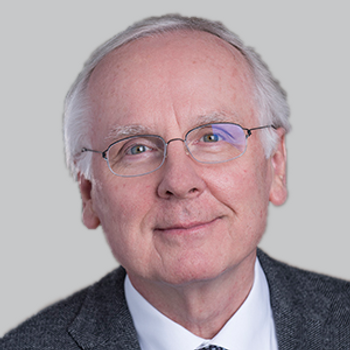
Data from a PMD Alliance survey of more than 700 individuals with PD or their care partners showed significant associations between decreased social support and exasperation of nonmotor and cognitive symptoms of PD.

The semi-retired neurologist and consultant with the PMD Alliance discussed the importance of the patient care team and having multiple specialists and disciplines included in that process. [WATCH TIME: 2 minutes]
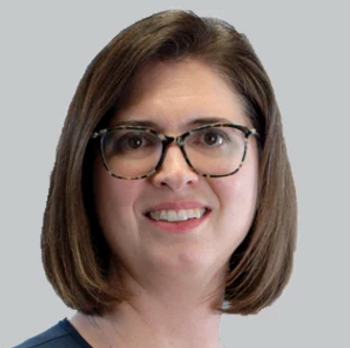
In a presentation at the 2022 ATMRD Congress, Jill Farmer, DO, MPH, outlined several novel options for the treatment of OFF episodes in Parkinson disease, and stressed the need for individualized approaches to maximize patient quality of life.

The semi-retired neurologist and consultant with the PMD Alliance shared her perspective on the progress that has been made in therapeutics for the treatment of movement disorders, and the role of social prescribing for these patients. [WATCH TIME: 3 minutes]

The investigators noted that the data on tolerability and efficacy support that treatment with opicapone among older adults with PD requires no age-related dose adjustments.
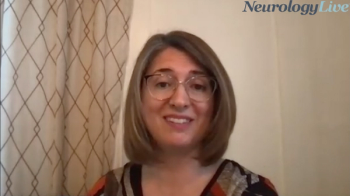
The assistant professor of neurology and director of the Parkinson’s Disease & Movement Disorder Program at Global Neurosciences Institute discussed the need to understand the chemical markers that trigger nonmotor symptoms of Parkinson disease. [WATCH TIME: 3 minutes]
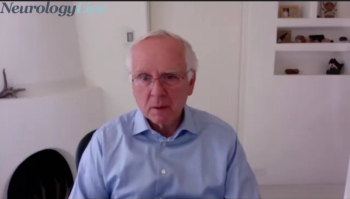
The neurologist at Christus St. Vincent Health System detailed the areas of research dedicated to understanding more about neuropsychiatric symptoms of Parkinson disease and the root causes of the disease. [WATCH TIME: 3 minutes]
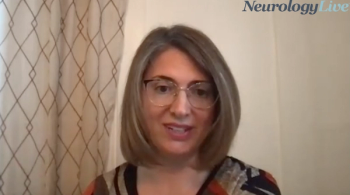
The assistant professor of neurology and director of the Parkinson’s Disease & Movement Disorder Program at Global Neurosciences Institute provided insight on how technology expands the capabilities of treating Parkinson disease. [WATCH TIME: 3 minutes]
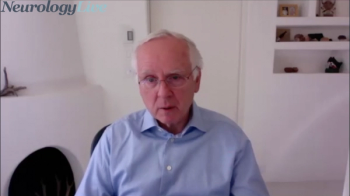
The neurologist at Christus St. Vincent Health System provided insight on the desperate need for new medications for both motor and nonmotor symptoms of Parkinson disease. [WATCH TIME: 3 minutes]
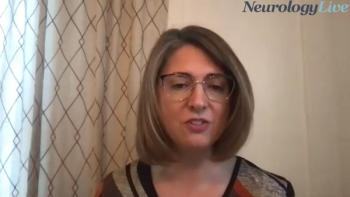
The assistant professor of neurology and director of the Parkinson’s Disease & Movement Disorder Program at Global Neurosciences Institute provided insight on the areas of focus during Parkinson Awareness Month. [WATCH TIME: 3 minutes]
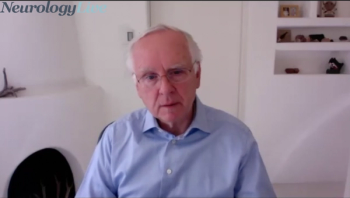
The neurologist at Christus St. Vincent Health System discussed why social behaviors are an important component of optimal care for patients with Parkinson disease and the need to improve social support for this population.[WATCH TIME: 3 minutes]

Mind Moments®, a podcast from NeurologyLive®, brings you an exclusive interview with Yasar Torres-Yaghi, MD. [LISTEN TIME: 25 minutes]

The neurologist at Christus St Vincent Health System discussed a recently conducted survey on the effects of social isolation and the need to keep patients with Parkinson disease socially connected.




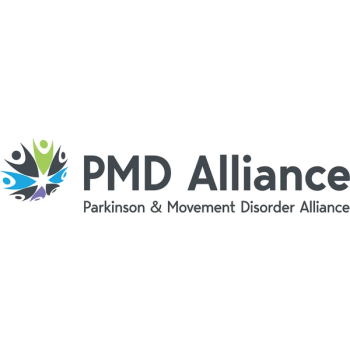

Heidi Schwarz, MD, offers her perspective on the role of advanced practice providers in clinical neurological care and the benefit that they provide to practices.